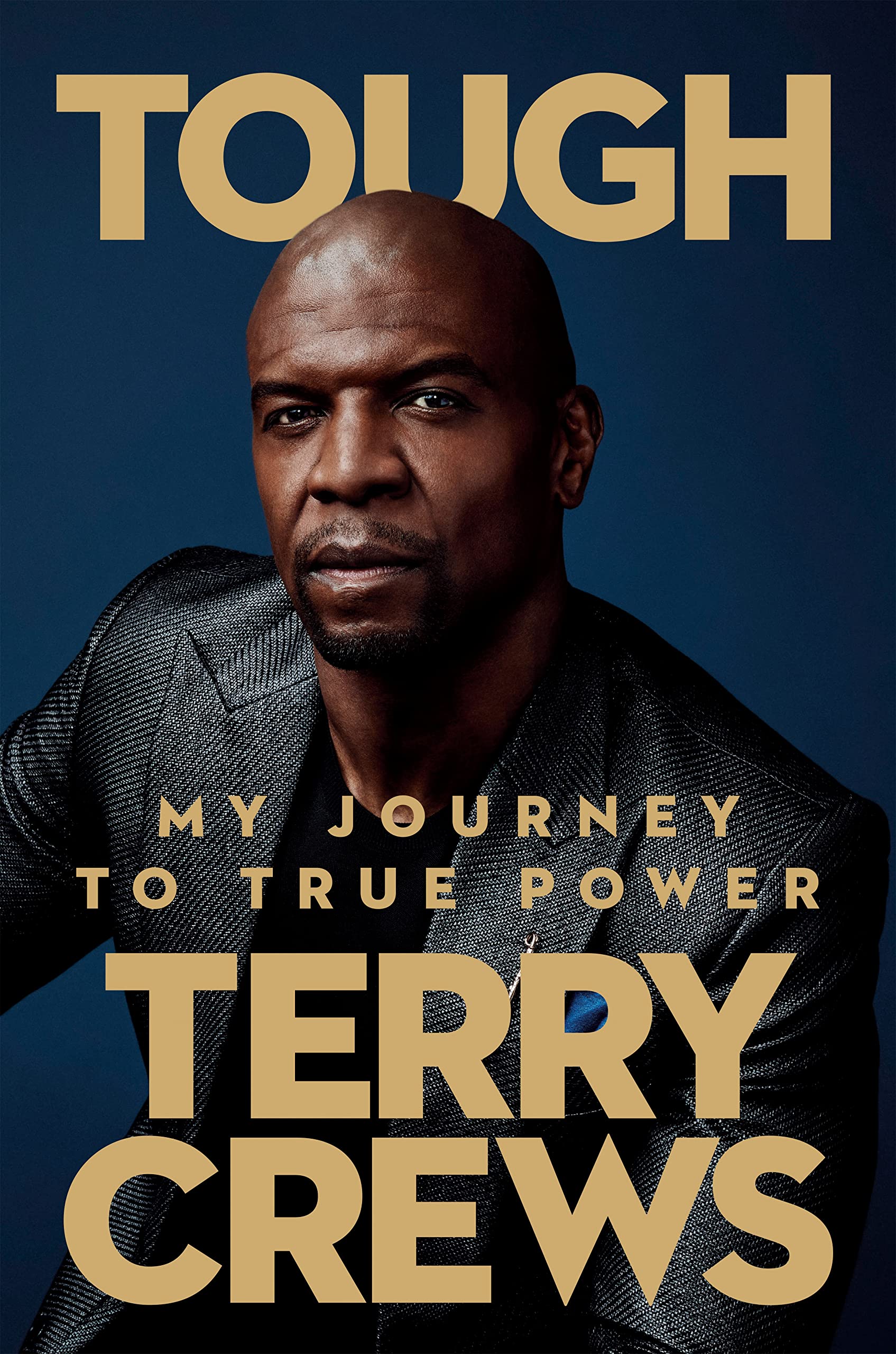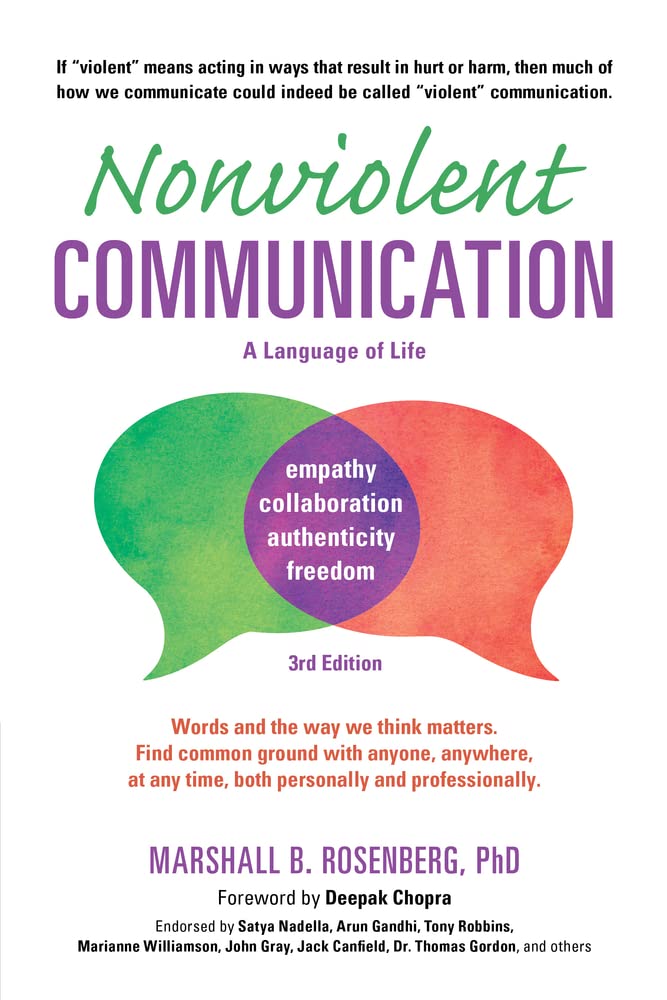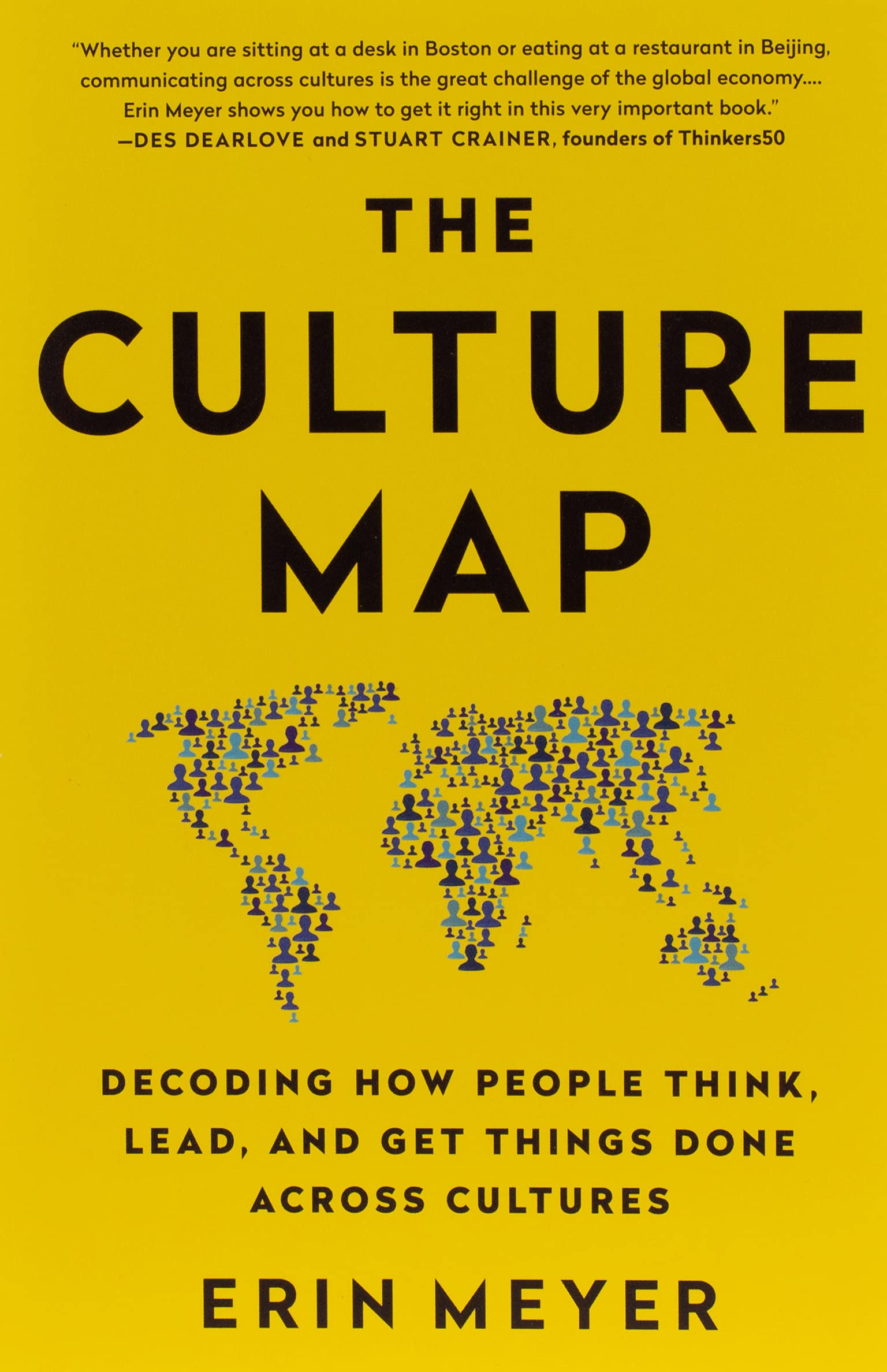
With the hottest holiday season fast approaching, our team members across Sales, Customer Success and Marketing share their favourite reads.
Whether at the beach, in the countryside or on a city staycation, plan for your reading peace and quiet with these picks.
Fasten your seat belt, turn off your phone and get ready for inspiration!

Tough: My Journey to True Power // by Terry Crews
A seemingly invincible ‘tough guy’ Terry Crews reflects on his life story, sharing his experiences with racism, abuse, relationships, masculinity and shame from his teen years to his adult life. It’s only now, at the age of 53, that he’s finally understanding, accepting and embracing who he truly is.
Recommended by our Head of Sales & Business Development, Thomas Bellamy, the book gives a few important lessons to learn from:
-
Living to please others, or to get their validation, stops you from finding out who you really are.
-
Money does not exist. It is only what it represents.
-
Difficult conversations don’t always have a positive outcome, but you’ll live honestly.
-
Being vulnerable and sharing your emotions is the toughest thing you can do.
-
Letting anger take control can leave you with lifetime regrets.

Nonviolent Communication -- A Language of Life: Life-Changing Tools for Healthy Relationships // by Marshall B. Rosenberg
This guide to nonviolent communication integrates consciousness, language, communication, and means of influence, explaining the key reasons that lead to misunderstandings and conflicts. Transforming your way of thinking, the author offers hands-on tools to improve your communication skills and build a stronger connection with others.
Kseniya Zubkova, Client Onboarding Manager at My Learning Hub, recommends this read and shares how it has taught her to communicate more effectively, reducing stress and strengthening her relationship with others. Her biggest takeaways:
-
Start with yourself. What intentions do you have for conveying this message? How do you feel about it?
-
Find out more about and consider the other person’s background. What language do they speak? What country are they from? What is their story?
-
Put an effort into converting your original thought into a sentence that the other person will understand as you want them to. If you don’t know how to do it, give it another thought before proceeding further.
-
Instead of jumping to conclusions about the other person’s abilities and most probably shutting them down, speak up out of the desire to help: “I noticed you do this better than that. How do you feel about concentrating on this more?”

Culture Map: Decoding How People Think, Lead, and Get Things Done Across Cultures // by Erin Meyer
In this book, renowned expert Erin Meyer decodes how cultural differences impact international business. The author provides a practical framework, explaining the differences between cultures when it comes to language, feedback, trust, leadership, decision-making, conflict and time – giving a set of recommendations on how to approach each.
Fascinated by cultural differences in the workplace, our Brand & Marketing Manager, Alina Veselaya, uses this book as a central drawing board to explain and navigate communication, conflict and work styles in an international team (and personal life, too). The main three things that she constantly comes across include:
-
Low-context vs high-context languages. Although English seems to be the same language, it also sits on this spectrum, with British English being closer to the high-context end – meaning that you have to read between the lines – and American English being more straightforward or low-context. Simply put, when an English person replies with Interesting, don’t get too excited. It could be incredibly boring.
-
Task-based vs relationship-based trust. In the Netherlands, you can be trusted with a task based on your previous work experience and achievements. In Ukraine, on the other hand, trust will only come after having dinner together, a couple of drinks, and a relaxed conversation about your personal life.
-
Direct negative vs indirect negative feedback. Have you heard about the sandwich principle for giving feedback? You start with a positive comment, follow with what needs to be improved, and then add another positive point to leave it on a good note. This rule doesn’t always work with Eastern Europeans though: if they don’t say anything, it means that everything is good. So try not to stress – it’s not personal!











